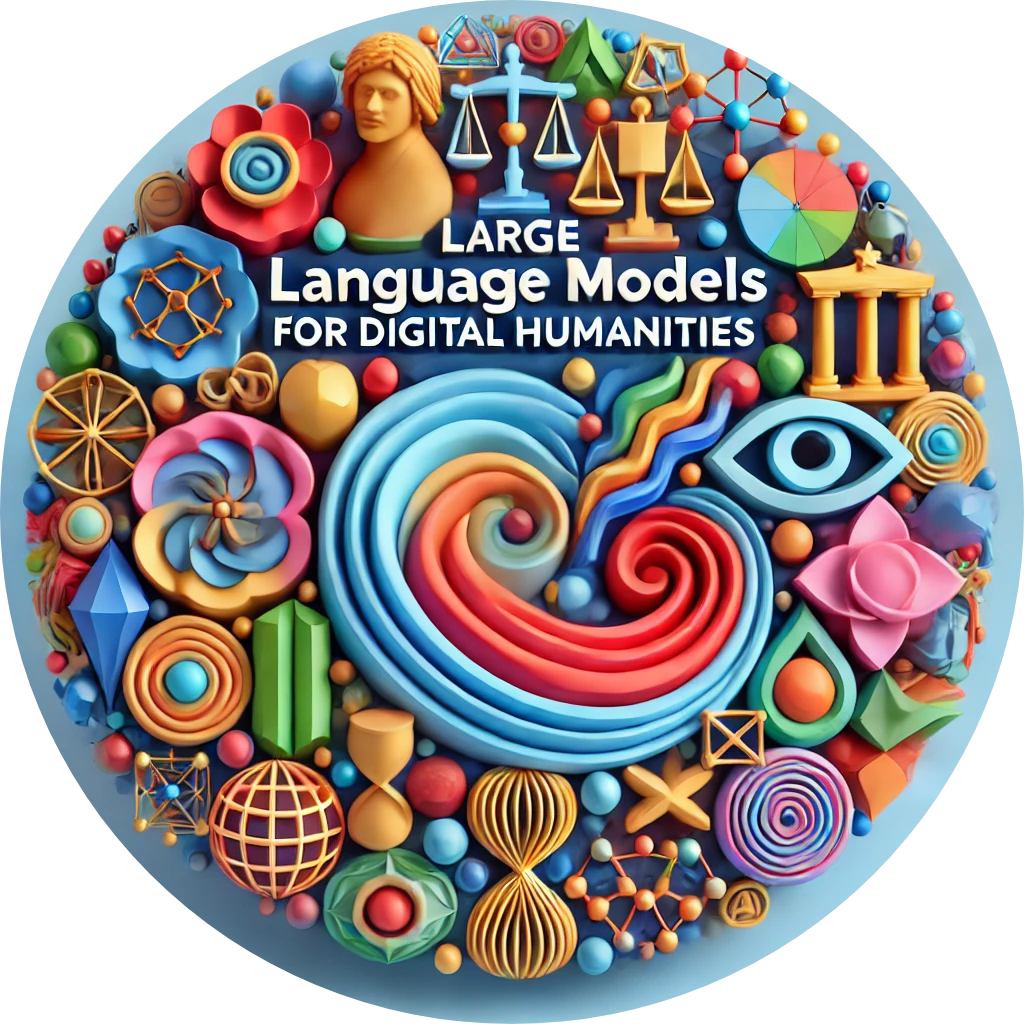Workshop: AI Methods for Research of Folkloristic Narratives
We are organising a workshop focused on developing AI methods for researching folkloristic narratives. The event is open to the public, and you are warmly invited to attend.
Date and time: June 13, 2025, from 8:45 to 18:15
Location: UL FRI, Lecture Hall P02
Zoom: https://uni-lj-si.zoom.us/j/92230149490?pwd=gFEtauF3snPg9QeqgpxXiuPgywb5LF.1
The workshop will be conducted in English.
Concept
In recent years, artificial intelligence has opened new pathways for interpreting large-scale cultural and historical data, enabling researchers to identify latent patterns, structures, and discursive shifts that would remain hidden through traditional methods. Folkloristic narratives—fairy tales, myths, legends, and oral stories—form one of the richest and most culturally embedded forms of human expression. Yet, despite their complexity and abundance, they have rarely been subjected to computational methods on a meaningful scale.
Why should we analyse folktales with AI? Because these narratives carry encoded models of social behavior, political imagination, moral reasoning, and cultural identity—models that evolve over time and differ across societies. AI, particularly large language models (LLMs), now offers tools powerful enough to detect recurring motifs, classify tale types, and even extract embedded values from a diachronic and intercultural perspective.
The central aim of this workshop is to develop interdisciplinary methodologies for analyzing folkloristic corpora using AI-based tools, combining both qualitative insight and quantitative rigor. The bilateral project specifically addresses the sociocultural dynamics behind the popularity and adaptation of specific folktales in different societies, including Slovenian narratives and their intercultural ties. It builds on the idea that tale structures, motifs, and characterfunctions are not universal givens, but are culturally shaped responses to social, political, and historical conditions. Computational approaches—especially those using LLMs—enable large-scale diachronic and synchronic analysis of these narratives, helping us understand their transformations over time and across Regions.
The workshop programme includes three thematic panels:
- LLMs for folktale type index and motif detection, focusing on computational workflows and case studies
such as Cinderella,
- LLMs for value extraction and deep structure analysis, targeting moral foundations, deliberative
democratic values, and actantial/semiotic structures,
- LLMs for studying complex cultural phenomena, including multimodal AI and conflict narratives.
Participants include leading scholars and pioneers in computational folkloristics, such as Prof. Timothy Tangherlini (UC Berkeley), Prof. Emer. Sándor Darányi (University of Borås), and researchers from the Institute IRRIS for Research, Development and Strategies of Society, Culture and Environment, University of Ljubljana, Faculty of Computer and Information Science and Faculty of Arts, University of Borås, Swedish School of Library and Information Science, University of Vienna, and the Jožef Stefan Institute. The workshop will conclude with a presentation of the Centre of Excellence in Artificial Intelligence for Digital Humanities by ERA Chair Prof. Antoine Doucet.
Full workshop programme is available here:




